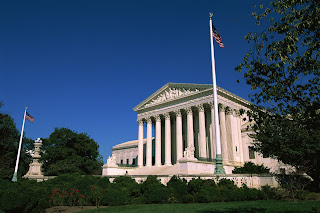According to an exhaustive study completed by software company Clio, 2.3 hours is the average. The study results, published by Lawyerist.com, assert that "on average, lawyers bill less than 30% of their time. And they only collect on about 20% of their time."
Interesting data. According to the study:
Hours billed—utilization rate—goes up quickly as the firm grows. For solos, it’s about 25%. In firms of 4–7 lawyers, it goes up to about 40%. Above 10 lawyers, the average utilization rate is about 50%.
So what are lawyers doing with that unbilled time? According to the survey Clio added to its report this year, about half of that time goes to administration. About a third of it goes to business development (marketing) activities.These numbers make sense to me. I may be doing better than 2.3 hours a day, but it still intrigues, surprises, frustrates me, how much of my time is consumed on tasks other than practicing law. Please click here to read the entire article.
Please visit hardinglaw.com for more information about Harding & Associates Family Law
#Harding&AssociatesFamilyLaw #californiafamilylaw #divorce #family law #superlawyers #americanacademyofmatrimoniallawyers #Pleasantondivorce #AlamedaCountyDivorce #ContraCostaCountyDivorce #lawyers







